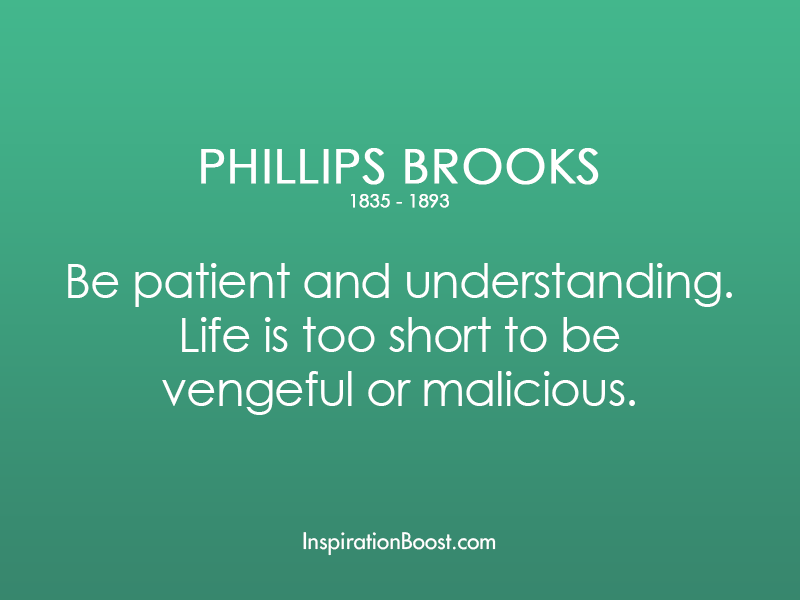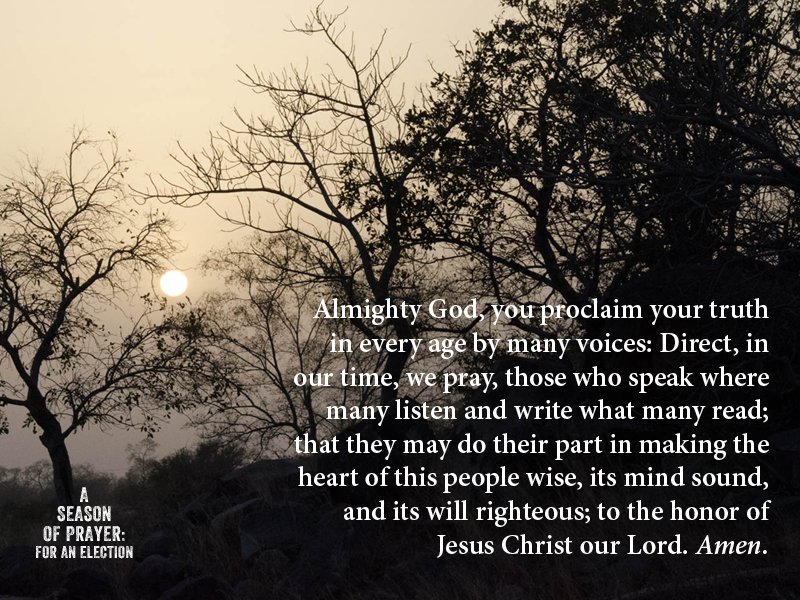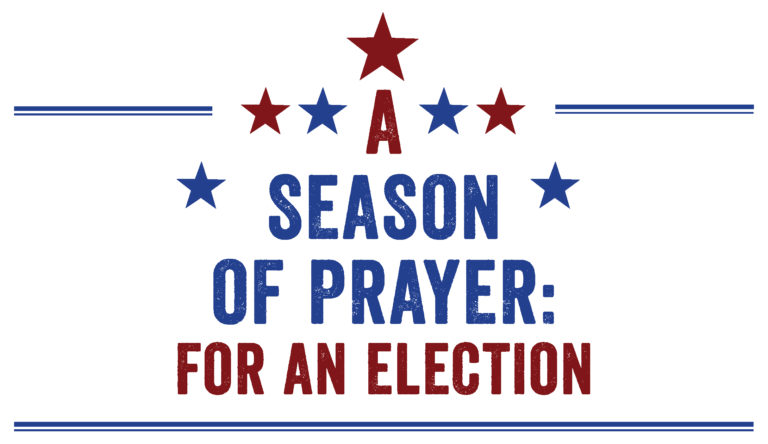O God, the source of all health: So fill our hearts with faith in your love, that with calm expectancy we may make room for your power to possess us, and gracefully accept your healing; through Jesus Christ our Lord. Amen.
When we think of being healthy, it is more than just not being ill. As one author put it,
“The word in Hebrew which refers to being healthy is shalem, which means to be whole, complete, or sound. The related term is more familiar to us: the noun shalom, "peace." Just as peace in Hebrew means more than the absence of war, so health means more than the absence of illness. In both cases, what is at issue is becoming whole, whether individually (in the case of health) or socially (in the case of peace).” (Bruce Chilton)
And how we become whole again is the focus of our readings from 2 Kings & the Gospel of Luke.
Naaman – the commander of the army of the king of Aram (Syria), was a great man and in high favor with his master, though a mighty warrior, he suffered from leprosy.
I can picture Naaman quite proud of his name and his stature. He has power & prestige as commander of the army, but one thing he has that he doesn’t want is leprosy. Leprosy as we know it, Hansen’s disease as it is called today, is not the same as the leprosy described in the bible, the Hebrew word covered lots of different skin diseases or illnesses. In any case, Naaman would not have felt whole with such a disease, especially for such a commander!
Then he hears from his wife about an Israelite slave girl, talk about the most powerless person around him, and she startles him with the revelation that a prophet in Samaria can cure him. Outrageous! Samaria! But… He goes to his king who gives him permission to go and he even sends a letter to the King of Israel on his behalf.
The King of Israel, though, is not impressed. He rends his garments and said, “Am I God, to give death or life, that this man sends word to me to cure a man of his leprosy? Just look and see how he is trying to pick a quarrel with me…”
The King of Israel knows that he cannot bestow health on another, that is God’s domain, but like leaders of today, he sees this as a confrontation from the other king. Elisha, who is waiting in the wings, doesn’t and has Naaman come to him. But, Elisha doesn’t go out to meet him.
He sends a messenger instead to Naaman who has his horses, his chariots, and his entourage with him. The messenger tells him to go wash in the Jordan, 7 times, and he will be made clean.
Naaman was furious, felt disrespected because the prophet didn’t come out to see him, didn’t call upon God and didn’t do anything. The rivers back home are just as good as the Jordan! Impudence! But…his servants approach him and remind him that if the prophet had given him a hard task to do, he would have done it. Why get upset about going to the Jordan to wash and get clean?
And for the second time, Naaman listens to a servant, listens to the least in his presence, and he goes and does as Elisha had said. And lo and behold, he is made clean, his leprosy is gone! By listening to others and then going to the Prophet and then following through and washing in the Jordan, Naaman is healed, he is made whole.
We do not know if he returned to the prophet or thanked God for the healing, but God’s healing brought wholeness even to the enemy, to the one seeking shalem. One of the lepers Jesus healed did return & give thanks.
As Jesus entered a village, ten lepers approached him. Keeping their distance, they called out, saying, "Jesus, Master, have mercy on us!" They kept a distance because they had to, no one was to touch them, they lived apart. Many saw them as cursed by God rather than infected with a particular disease.
But Jesus looked upon them with the eyes of mercy. When Jesus saw them, he said to them, "Go and show yourselves to the priests." To be declared clean or healthy, a leper was to show him or herself to a priest who would then make the judgment. So by sending them, Jesus healed them.
And as they went, they were made clean. Then one of them, when he saw that he was healed, turned back, praising God with a loud voice. And Jesus would declare, “Were not ten made clean? But the other nine, where are they?”
Jesus notices the one who has faith and applauds the person. Was none of them found to return and give praise to God except this foreigner?" Then Jesus said to him, "Get up and go on your way; your faith has made you well." The faithful one who returns to Jesus to praise God and give thanks for the healing, is a Samaritan, someone outside the Jewish faith, someone whom the disciples of Jesus or those who heard this Gospel in the 1st century would have been shocked to hear praised.
God is at work in healing, in these two stories, he works through the other to help bring wholeness. Wholeness is accomplished not only through healing but gratitude.
They had been married only a few months. Both had endured some hard blows in their lives: the death of his first wife after a long illness, her acrimonious divorce. Finding each other this late in life - both were in their sixties - had been an unexpected gift and everyone they knew shared their joy.
But then one night, he suddenly went into cardiac arrest . . . and he was gone. At the funeral she was asked by friends how she was doing. But instead of grief, she quietly and firmly said that all she could do was give thanks - thanks that she and her late husband had had each other for even the brief time that they did. "You know we never stopped thanking God that so late in our lives this could happen," she said. "Every evening at dinner we did the most important act of our day. We would reach our hands across the dinner table to hold each other, and then we would close our eyes, and just say, 'Grateful. Grateful.'" [Adapted from a sermon by the Rev. Samuel T. Lloyd, Washington Cathedral.]
A beautiful story of gratitude. Like the Samaritan leper in today's Gospel, we realize that our blessings far outweigh our struggles, that we have been made whole despite our brokenness, that we have reason to rejoice and hope despite the sadness and anxieties we must cope with. If we approach life with a perspective of gratitude, we will come to realize the love of God in our midst: in the birth of our child, in the tenderness of our spouse, in the ability we have to bring joy and hope into the life of another.
May our lives be illuminated with the realization that we have been made "whole' and well by God - created in God's image, sustained by God's forgiveness, transformed by God's grace. As the Samaritan leper discovers in today's Gospel and the widow tells her friends, each one of us has been given much by God, and realizing those gifts, such a spirit of gratitude is the beginning of transforming our lives and our communities in God's grace & healing and in becoming whole. Shalem. Shalom. Amen.









